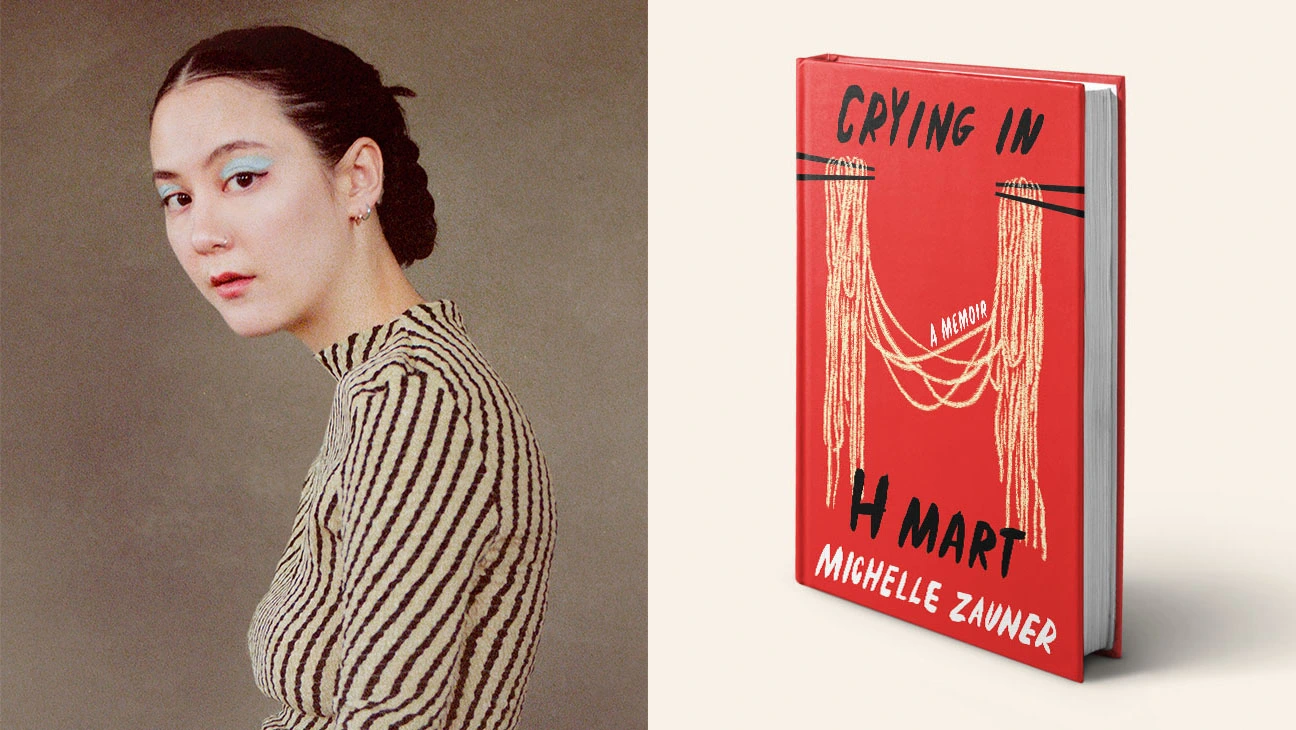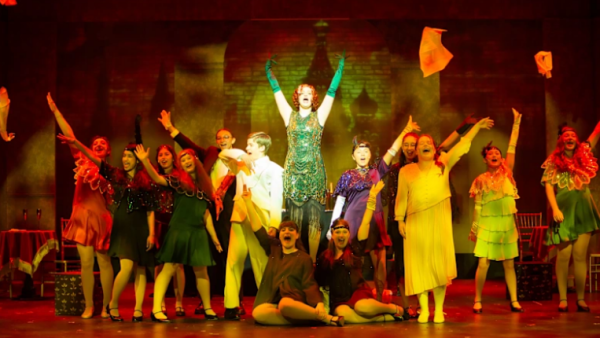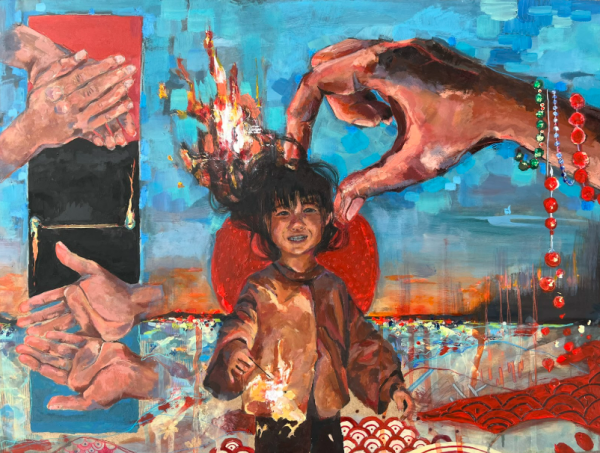Book Review: How Crying in H-Mart Led to Crying in English Class
The very first time I heard of the memoir Crying in H-Mart, written by Korean-American singer and songwriter Michelle Zauner, was during a BIPOC Student Union club meeting early last spring. We were discussing books written by authors of color, and I can still recall how the title of this book wafted its way into the conversation.
Immediately, there was a chorus of “Oh, I loved that book!” “Is that the person who also sings in Japanese Breakfast?” and “That’s a memoir, right?” The room was full of students clamoring to express just how much they enjoyed reading the book. Although the phrases Crying in H-Mart, Japanese Breakfast, and Michelle Zauner would sit bubbling in the back of my brain for the rest of the year, it wasn’t until the fall of my senior year that I made the decision to finally crack open the cover and investigate the ever-so-popular culturally relevant insides.
In a bit of a contrast to the beautiful and inviting cover art of Korean noodles set against a backdrop of bright red, the book itself dives into a darker topic. However, I would argue that the journey Michelle follows is still beautiful, just in a different fashion.
This memoir follows Zauner’s emotional experience as she tries to break into the music industry as a young artist living in Philadelphia. Soon, however, she receives a phone call informing her that her mother (her umma, in Korean!) has been diagnosed with stage four cancer. Ignoring their previous estrangement and rocky mother-daughter history, Zauner immediately flies to her childhood home in Oregon to be by her mother’s side, re-immersing herself into the family dynamic and her Korean heritage before it is too late. She bounces back and forth between Philadelphia, Oregon, New York City, Seoul, and sadly, her mother’s side in bleak hospital rooms.
Throughout the course of its 256 pages, readers are mixed and stirred into the flavors of Zauner’s multicultural being, the tastes of the Korean food she learns to cook, and the ups and downs of the journey she follows. As I progressed through the book, I found that as Zauner grieved, I grieved with her. To date, this is one of only three books that has brought me to the point of tears. Sometimes, these tears would be joyous, and, at other times, they were sorrowful. As I completed my quiet reading time during each English class, I often would find myself teary eyed.
Now, who’s cutting onions in here?
Lastly, although I am from a different ethnic background than Zauner and can’t relate to many of her specific experiences, I found the piece to be deeply moving, leading me to reevaluate my own relationship with my mother, my family tree, my cultural foods, and finally, my heritage. This is truly a univrsal book that anyone can read, as there’s a message in the story for everyone.
Crying in H-Mart provides a beautiful tribute to Zauner’s mother, while stirring and folding in themes of family, grief, culture, and love. In the wake of our celebration of the Lunar New Year, I implore you all to pick up a copy of Zauner’s work and dive into the pages. As my English teacher would say, “You must read this!”








